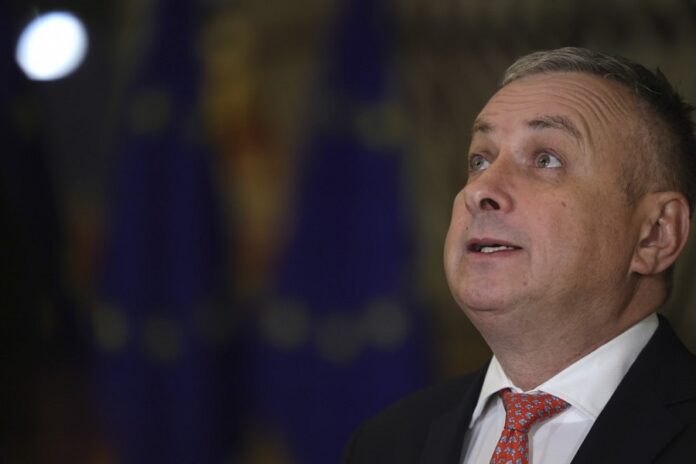European Union ministers were trying again on Monday to finalize a long-awaited deal to implement a natural gas price cap that they hope can help households and businesses better weather excessive price surges, according to AP News.
The ministers have previously failed at overcoming their differences at five previous so-called emergency meetings, but several EU leaders said last week that fixing a maximum ceiling to pay for gas was likely to be achieved this time.
“We have defined the political framework that will allow our ministers to finalize the issue of a gas price cap,” French President Emmanuel Macron said last week after a meeting of EU leaders in Brussels.”
The 27 nations have stuck together through nine rounds of sanctions against Russia over the war in Ukraine and energy-saving measures to avoid shortages of the fuel used to generate electricity, heat homes and power factories.
But they have not been able to close a deal on setting a complicated price cap that had been promised in October as a way to reduce energy bills that have soared because of Russia’s invasion.
“Today, we have to agree on a well-known mechanism which will prevent the European households and businesses from high gas price spikes, as we have seen during the last summer,” said Czech Industry Minister Jozef Síkela, whose country holds the rotating presidency of the EU Council.
“I think that the European households and the businesses expects from us to act and I do not see any reason not to be able to agree today,” Síkela said.
The gas cap issue has been a divisive one because of fears that global suppliers will simply bypass Europe when others offer more money.
The Czech presidency has drafted a new proposal that would see the mechanism kick off if prices exceed 188 euros per megawatt hour for three days.
Benchmark futures slipped as much as 3% on Monday before rising as much as 1.3%. Prices are now slightly lower than where they were at this time last year, but are still almost three times higher than the five-year average, according to Bloomberg.
The inability to find a compromise on the price cap also has held up plans for joint gas purchases and a solidarity mechanism to help the neediest countries because the measures would be agreed on as a package.


